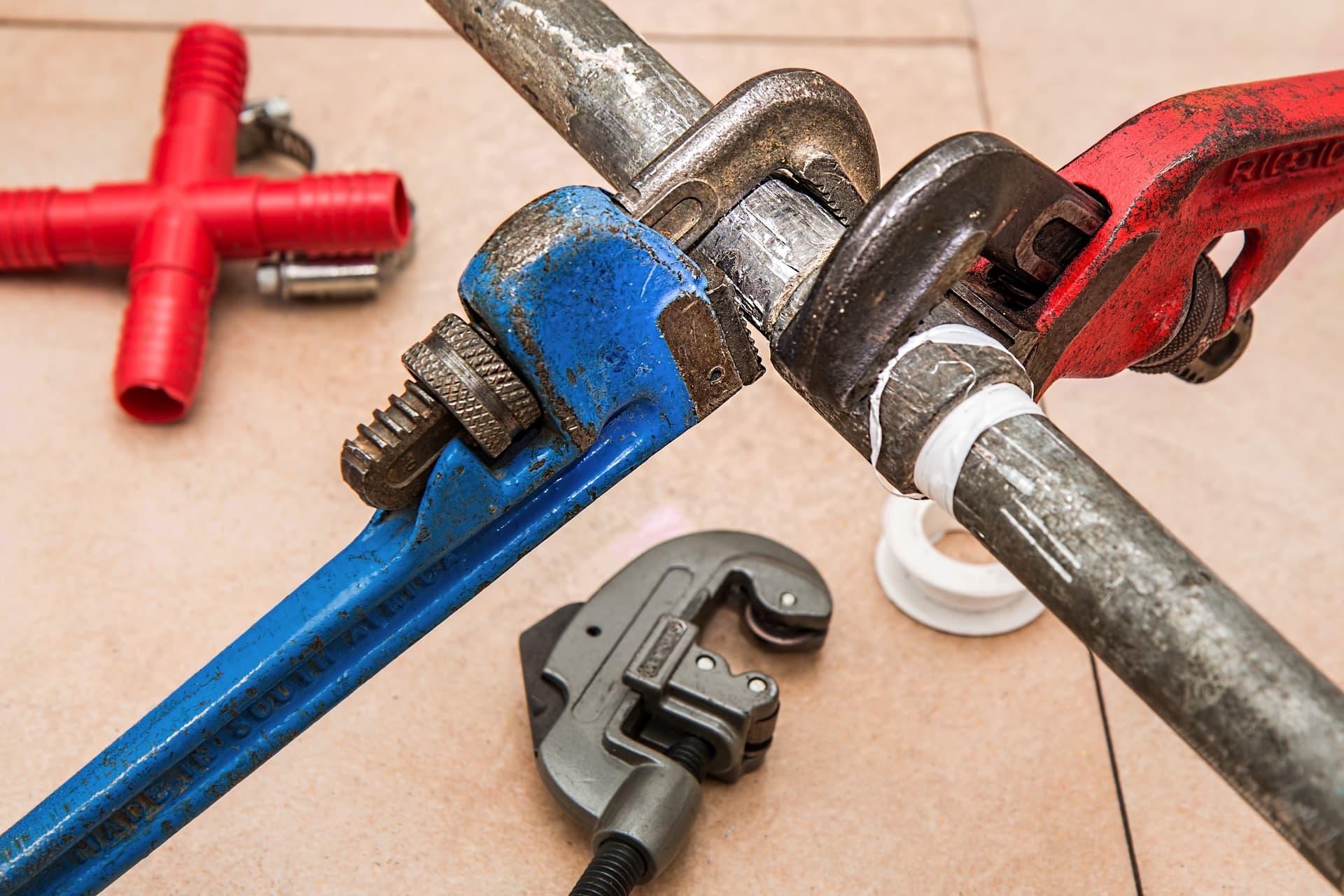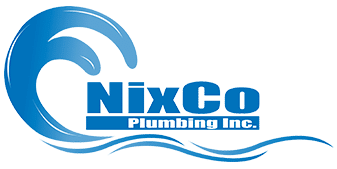
When it comes to plumbing emergencies, preventing problems from developing is often half the battle. Smart homeowners will keep a keen eye out for standing water, backed up drains, and leaking pipes. But, they can also prepare by installing pieces of equipment that can help prevent a buildup of water. One example is an ejector pump. Below, we’ll discuss how ejector pumps are used and their purpose in helping homeowners avoid an emergency plumbing situation.
What Ejector Pumps Are and How They Work
Ejector pumps are used to eliminate wastewater from a lower level in areas where gravity can’t do the job on its own. Ejector pumps are typically added to below-ground installations including basements or bathrooms and will be connected through the main sewer line. The pumps may be used in areas where new pipes are being laid or replaced using trenchless technology.
The ejector pumps are installed on the floor in the basement with a sealed lid as a vent to ensure that harmful gasses from wastewater are not emitted into the home. Because this wastewater is below the sewer line, it can’t rely on gravity to draw it into the sewer pipe, and so ejector pumps are used to help with this process.
When the pump is turned on, a motor begins to rotate. This creates enough pressure to safely and reliably push the water through the discharge pipe.
If you have a washing machine or a bathroom below floor level, an ejector pump can help ensure that the waste water is removed from your home without any issues. You might need to think about installing an ejector pump if you have already dealt with an emergency plumbing issue due to the build-up of sewage water in a lower level.
The Difference Between Ejector Pumps and Sump Pumps
Sump pumps and ejector pumps are often mistaken for one another. However, the two pieces of equipment have different purposes and operate in different ways.
A sump pump will be used to remove water from the lowest point of the home to prevent flooding. This is particularly useful for homes that are below the water level. In properties like this, it is common for water to build up in the crawl spaces or the basement. A sump pump will pump this water out of the home, and into the sewage lines.
The sump pump uses a floating sensor to determine if there’s a standing water problem. If there is an issue, the pump is activated automatically although some can also be controlled manually.
While ejector pumps are used for a similar purpose, they are exclusively intended to remove sewage water from the home. In contrast, sump pumps can be used to remove any type of unwanted water, including water from flooding or a leak.
Both devices pump water up and out of the home, and similar to a sump pump, an ejector pump may also use a floating switch mechanism.
Ejector Pump Services
At Nixco Plumbing, we pride ourselves on providing excellent workmanship, and an ejector pump installation is no exception. With efficient work and consistent professionalism, we have earned the trust of Mason, Cincinnati, and the surrounding Ohio communities. We have years of experience, and our team is passionate about providing the best levels of customer service to all our clients. Contact our team today for more information on how ejector pump installations can provide a solution for your residential plumbing needs.
Keep Your Head and Home Above Water with Nixco Plumbing
Nixco Plumbing has been serving the greater Cincinnati area for over 40 years. When you notice recurring drainage issues in the lower levels of your home, Nixco is here to help with expert ejector pump services. Our dedicated team is ready to help with all your residential, commercial, and municipal plumbing needs by providing the highest quality of service in a timely manner. As a family-operated company, we understand the value of reliability and trustworthiness, which is why we’re here to answer the phone 24/7. For non-emergency plumbing services, call us at (513) 398-5907 or contact us online.

